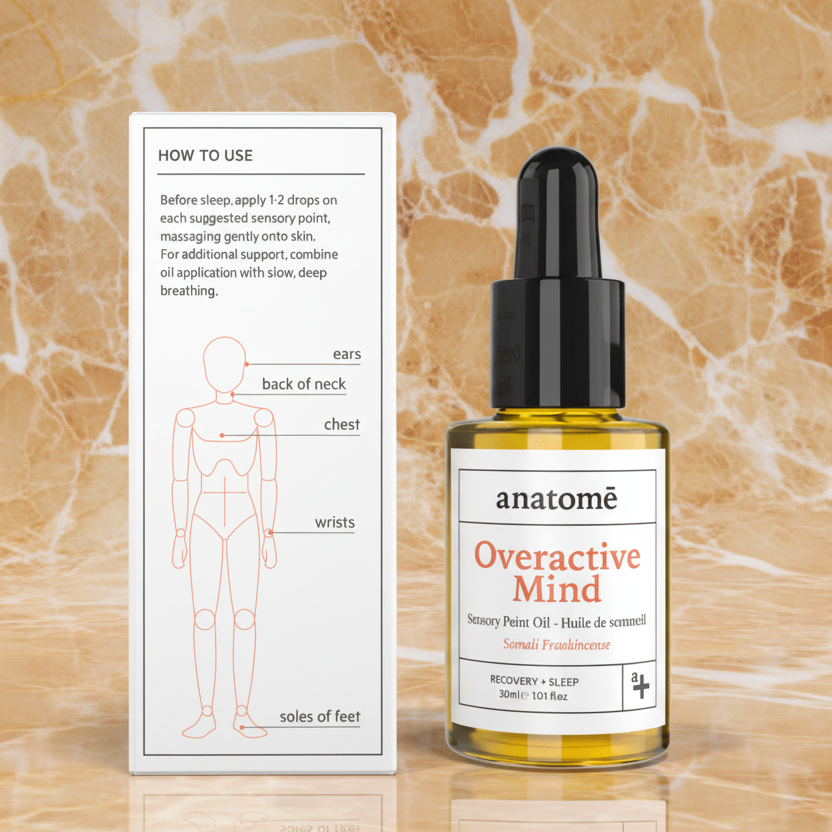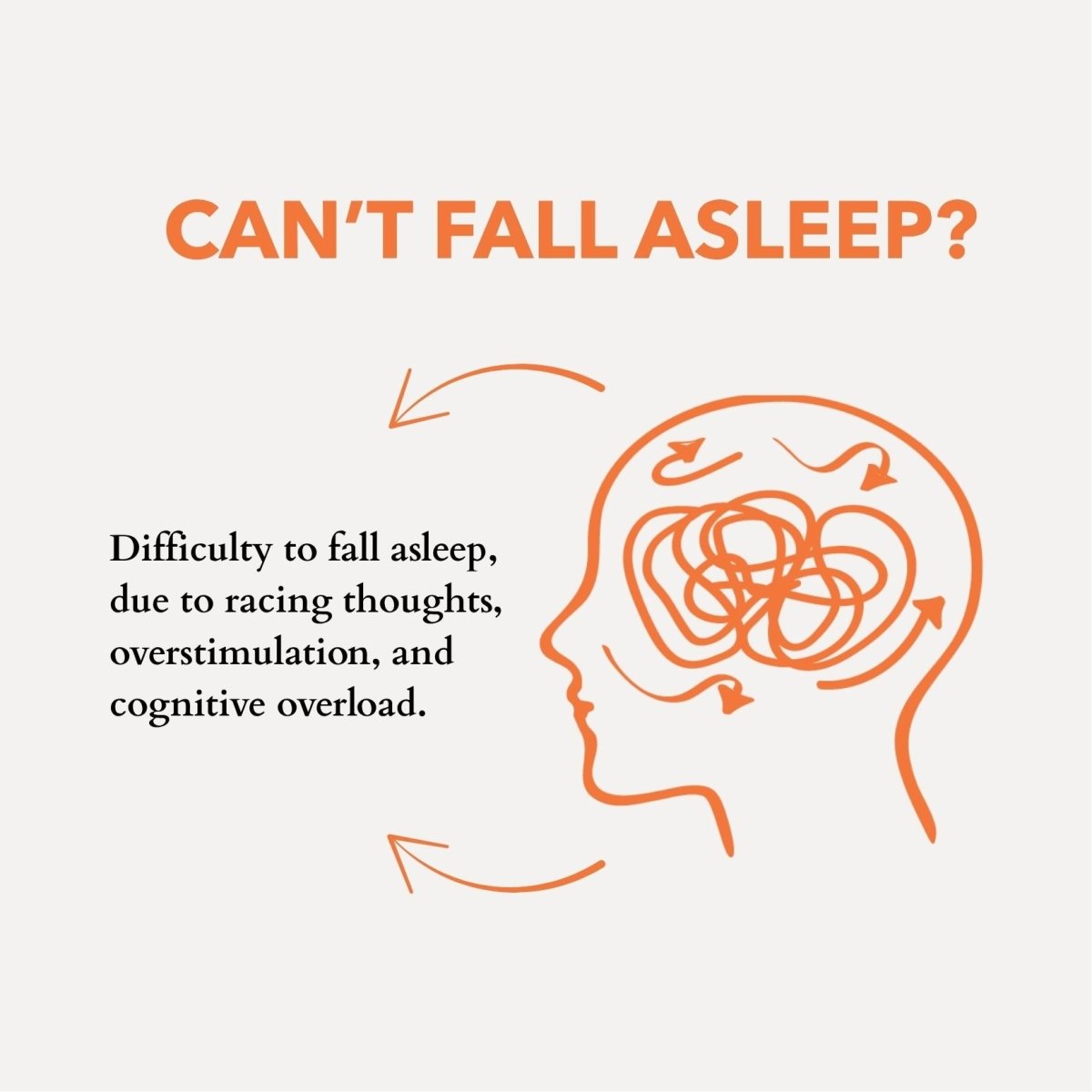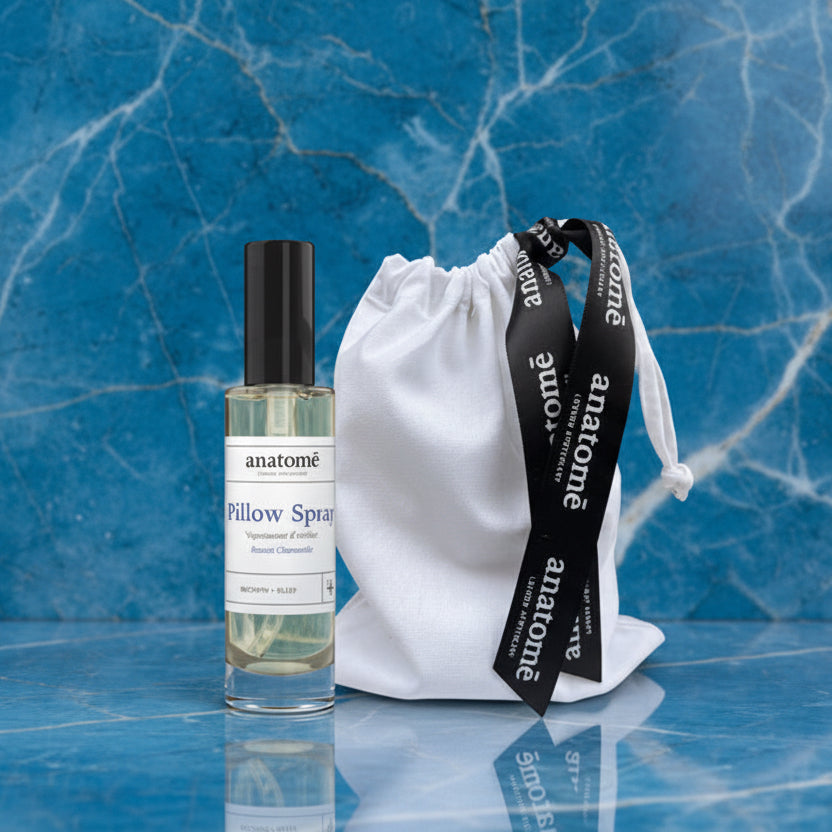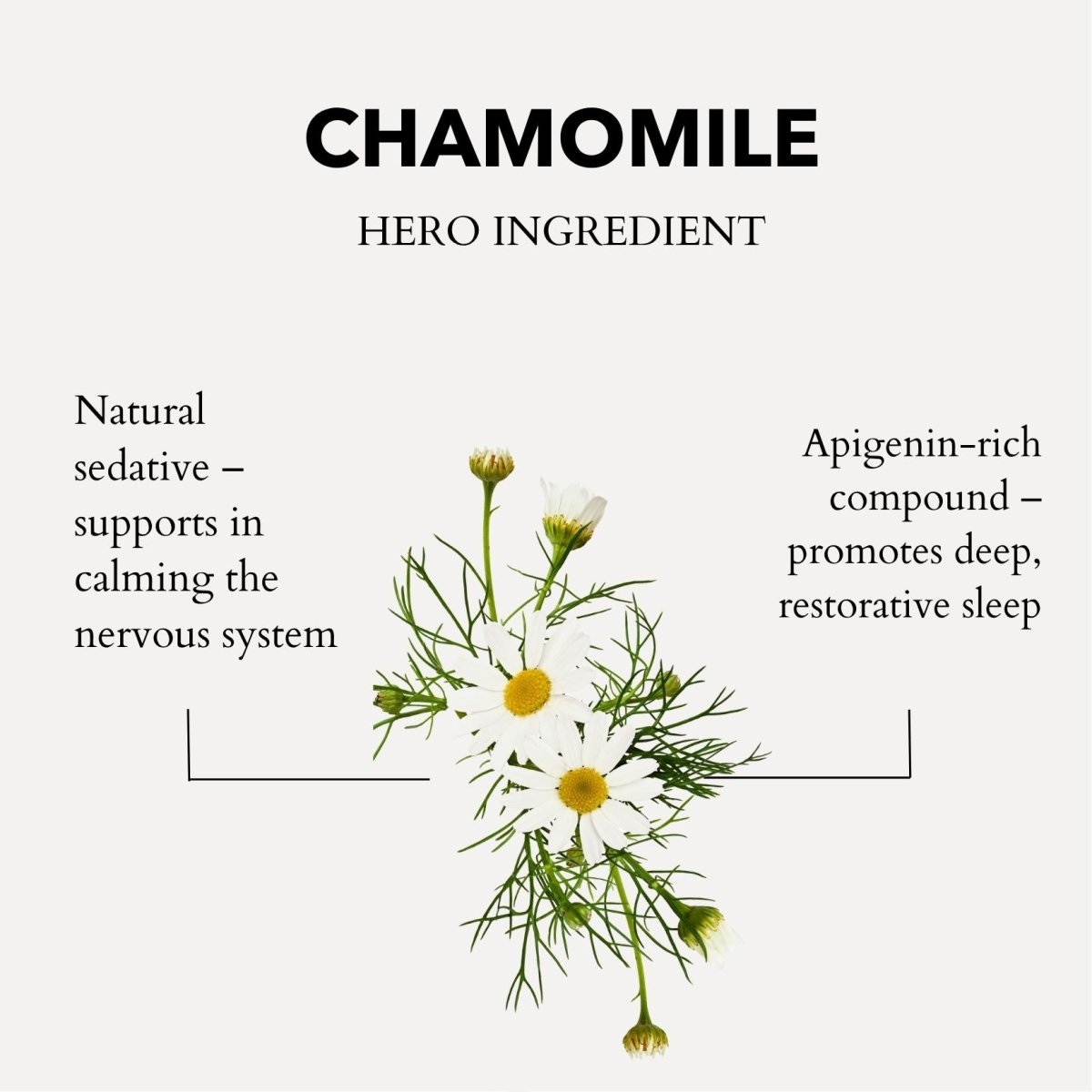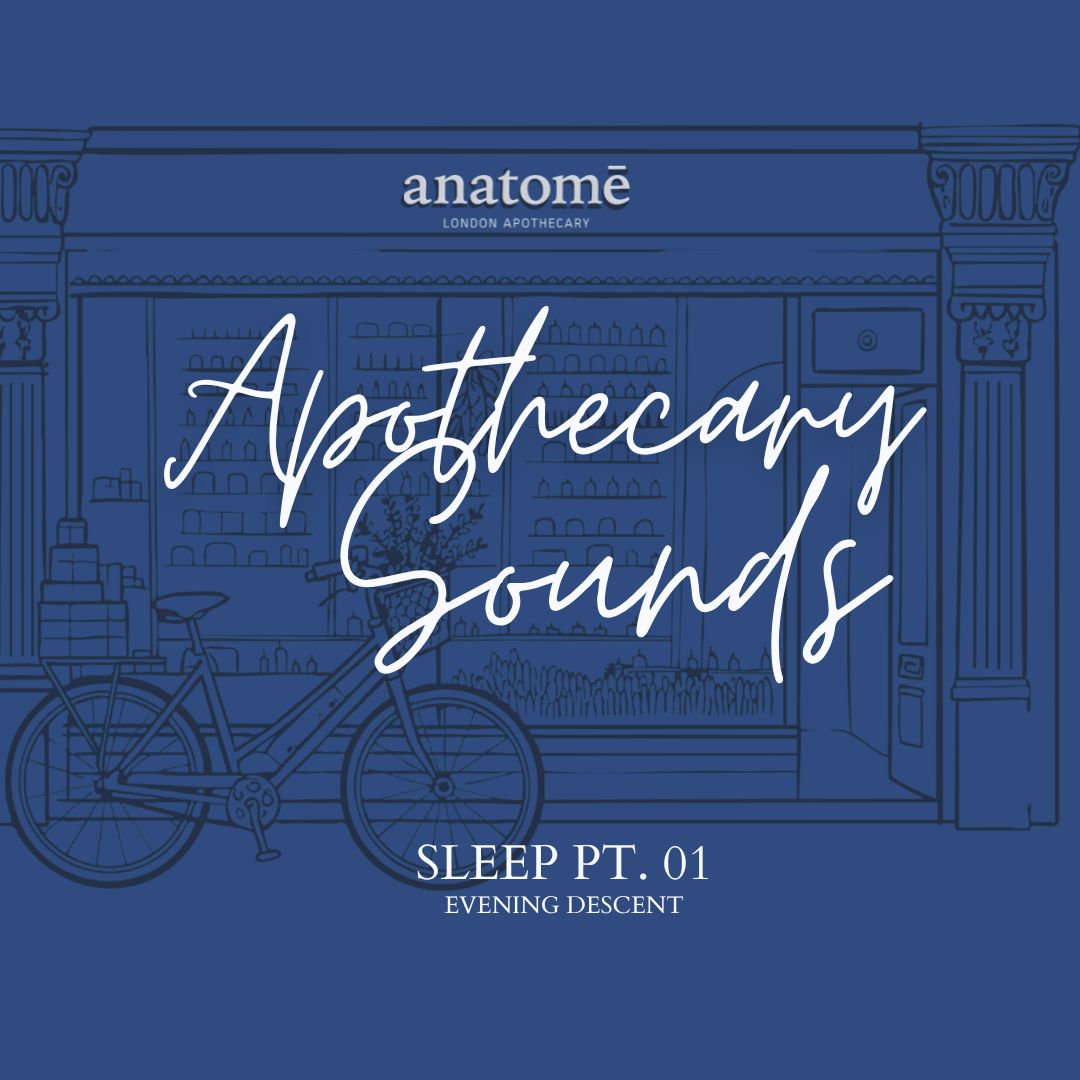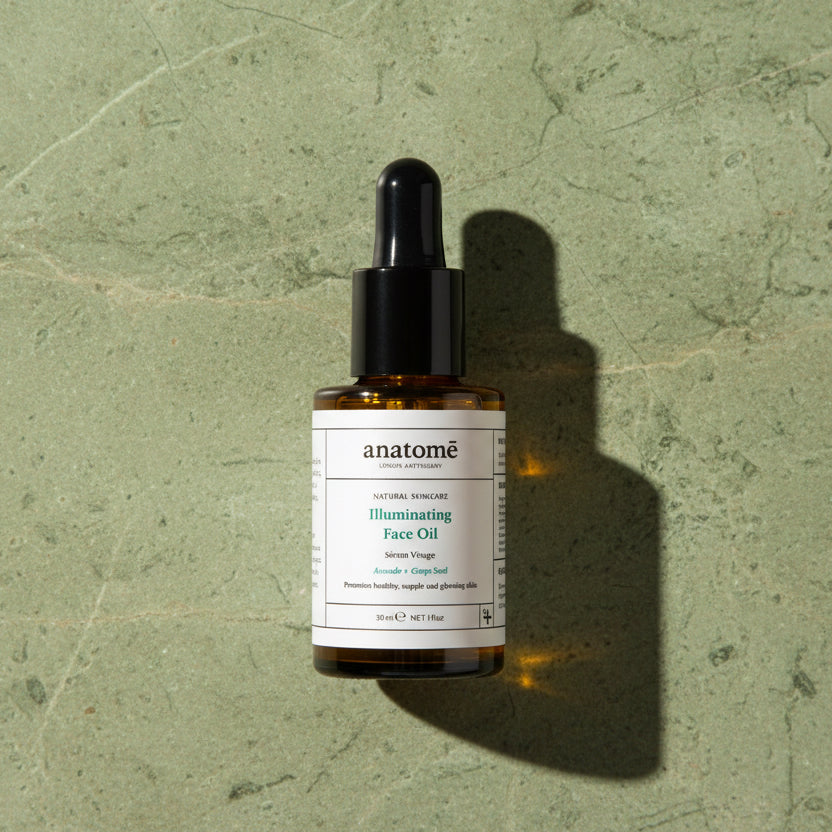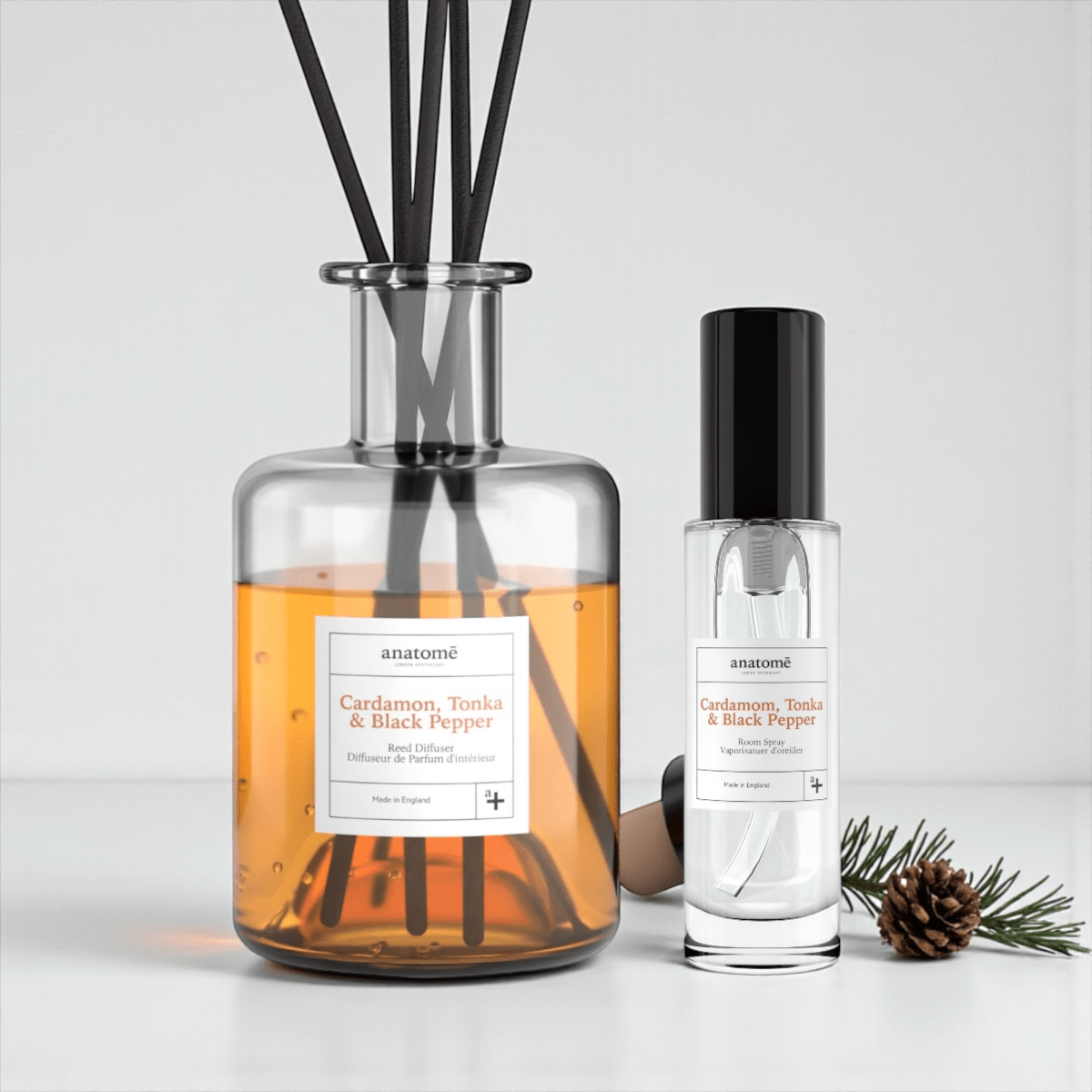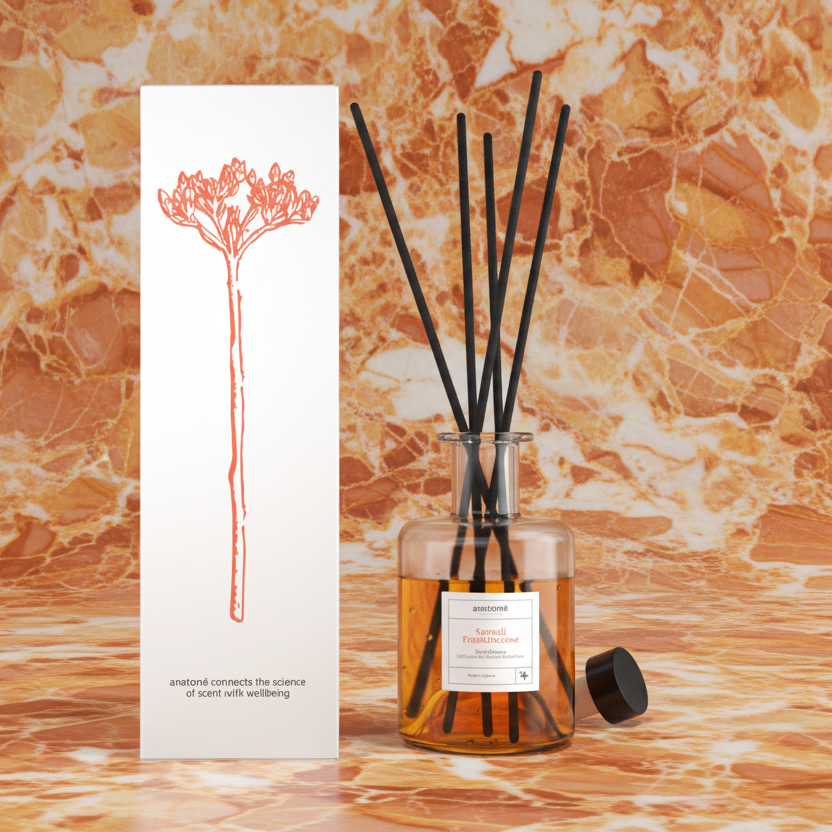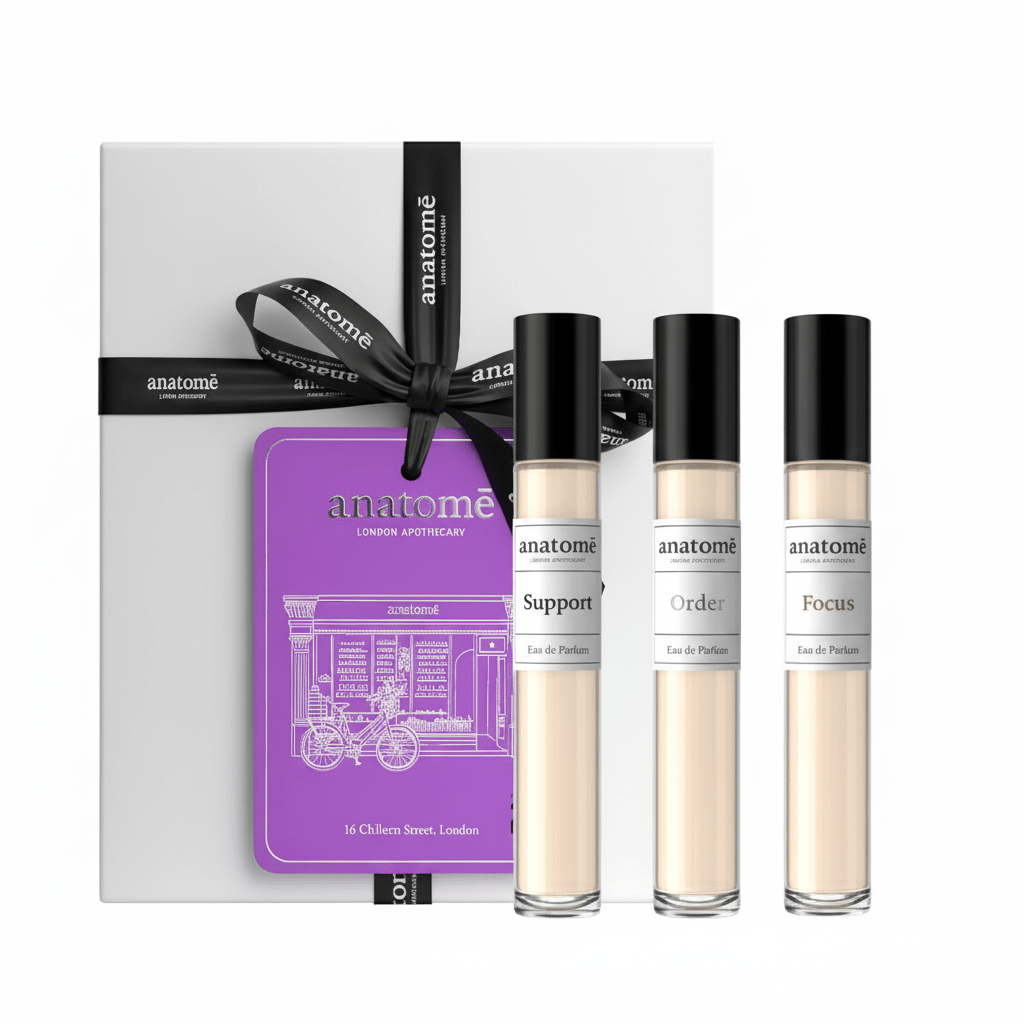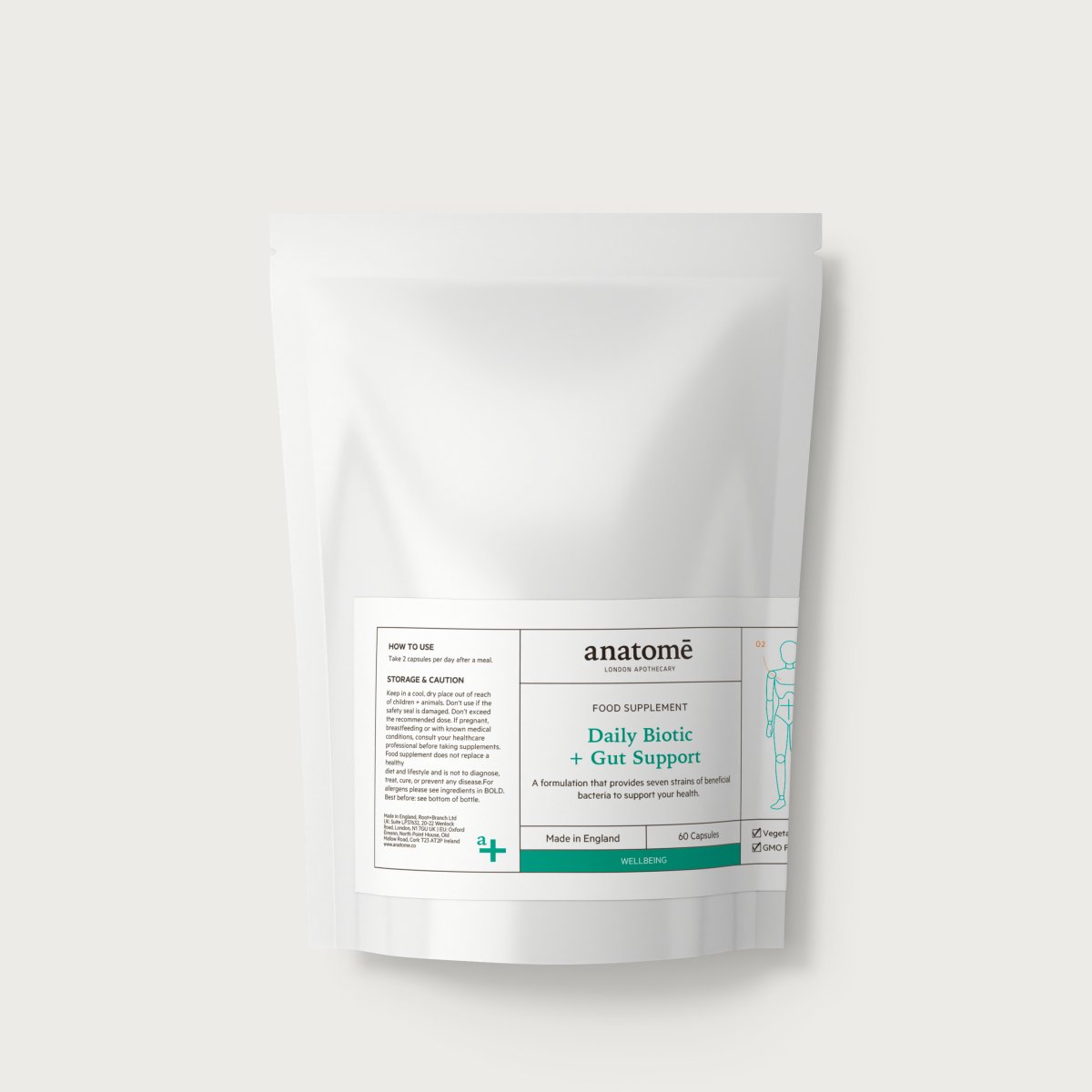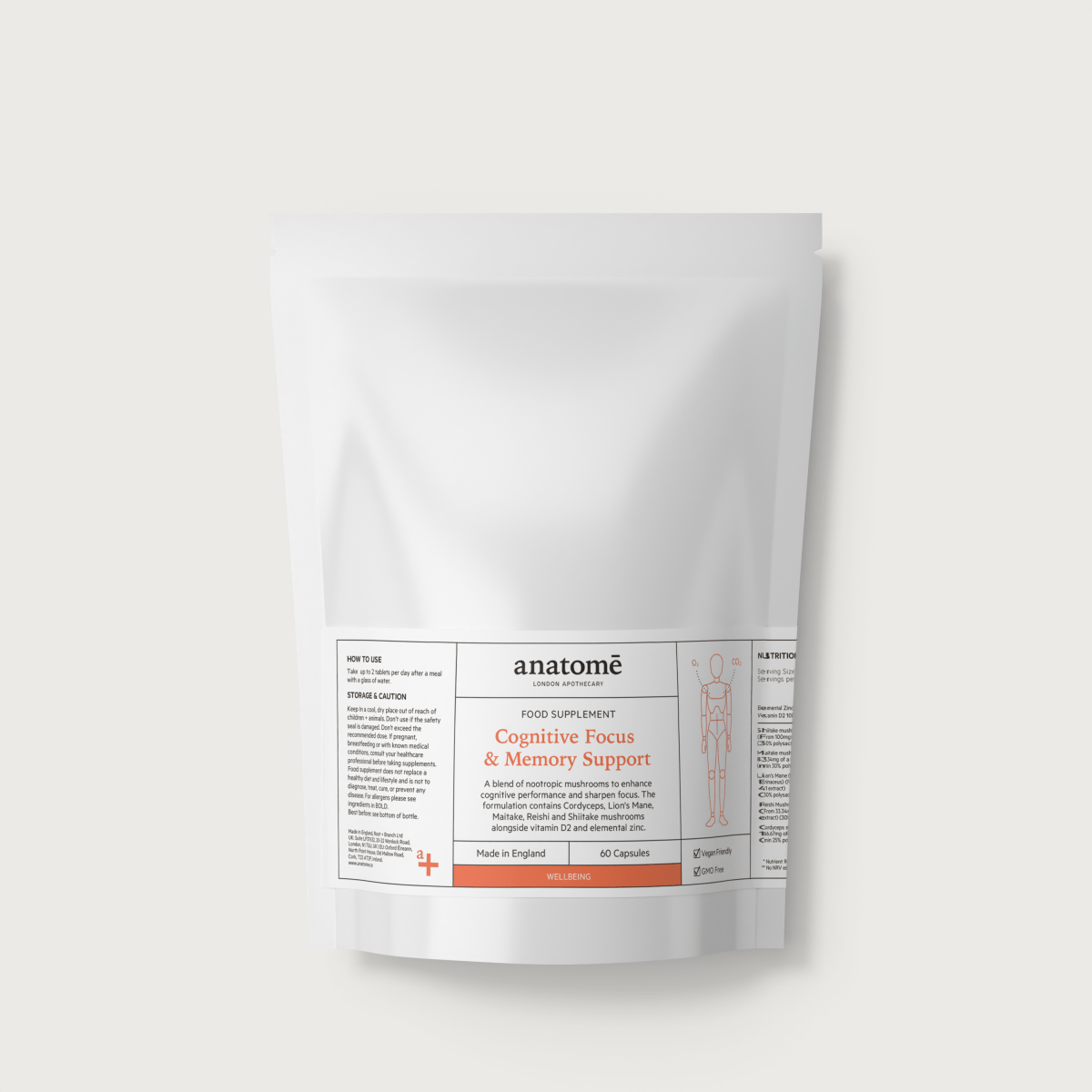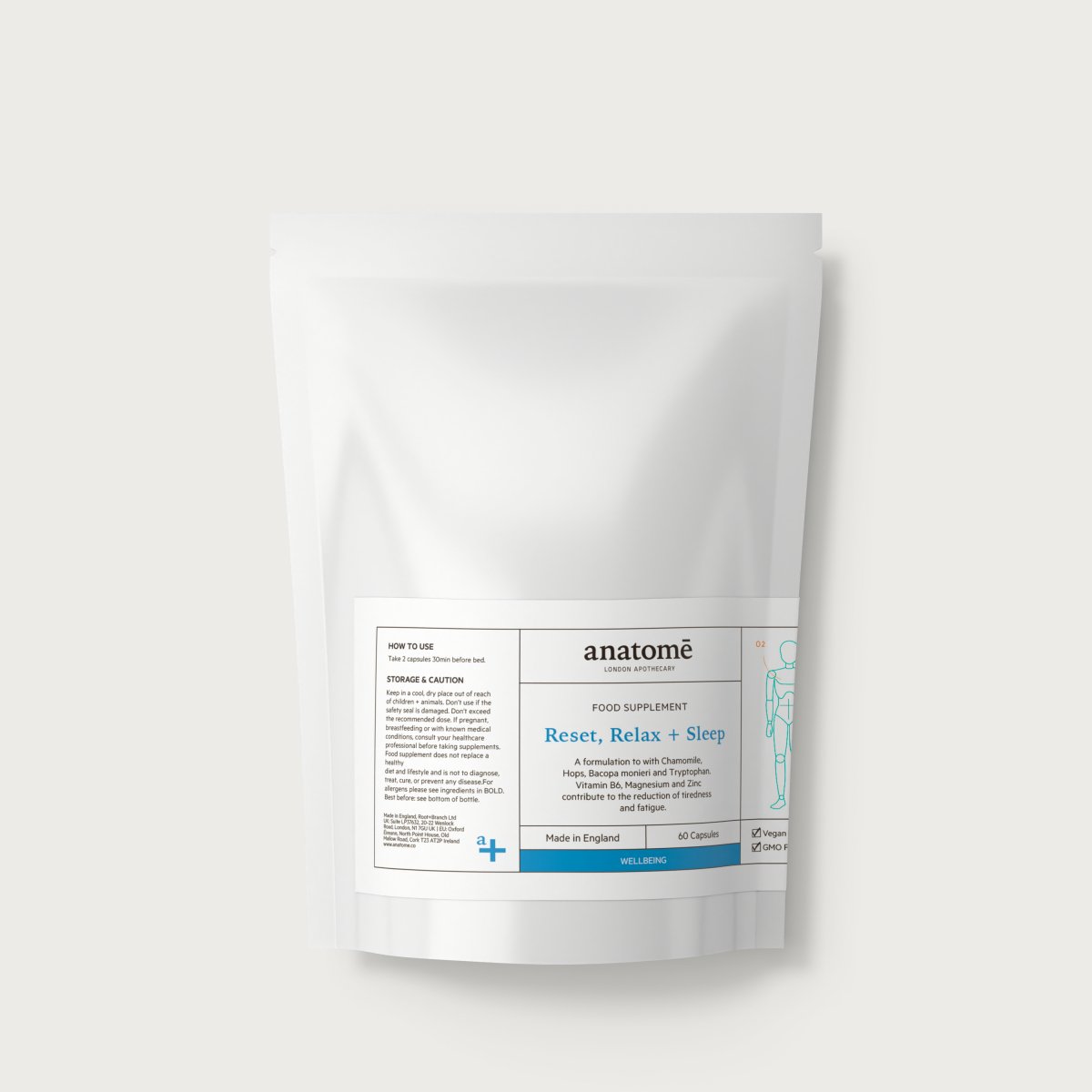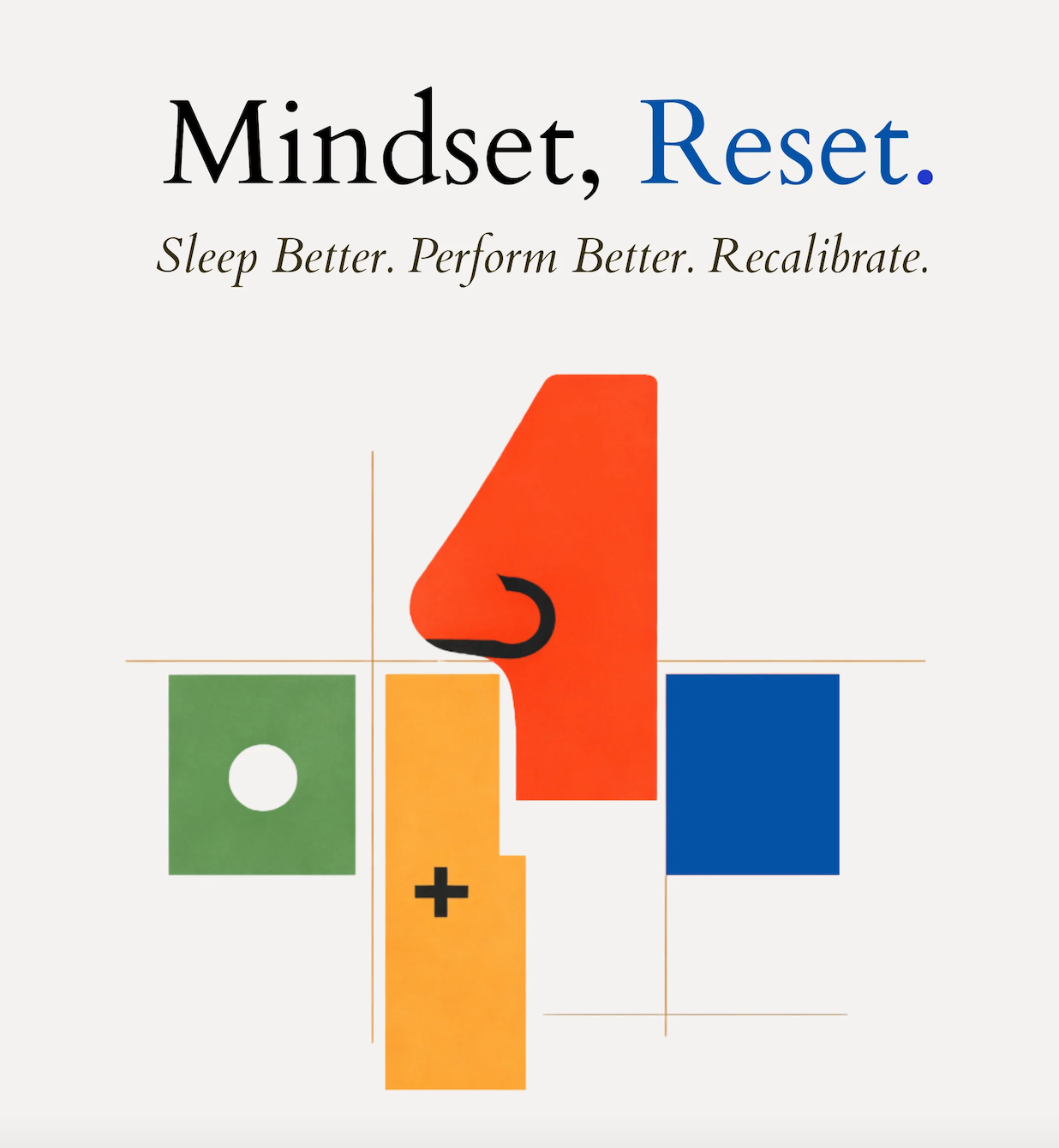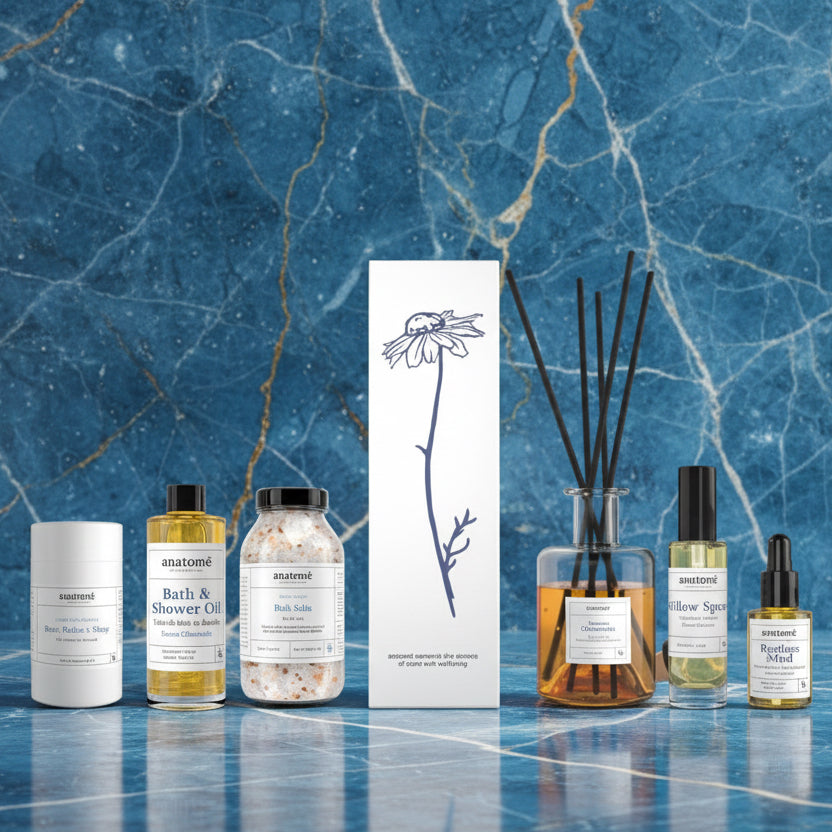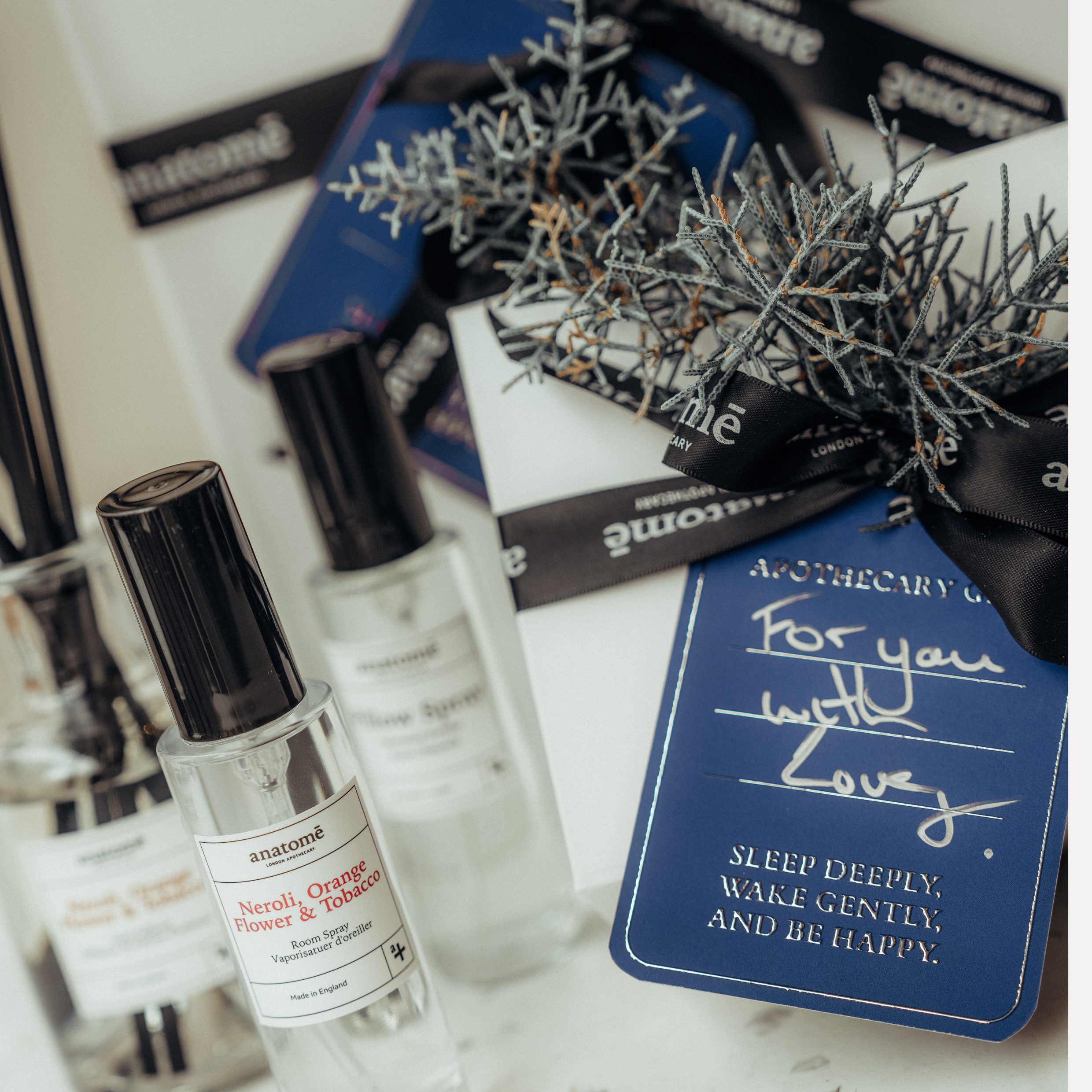Discover how your preferred sleep position may reflect what your body and mind need most.

Whether you’re a side sleeper seeking calm or a back sleeper craving deeper breathwork, your sleep position says more than you might think. At anatomē, we’ve curated tailored rituals for each posture—designed to support not just how you rest, but how you restore.
While science has flirted with the idea that sleep positions mirror personality types, we prefer to see these insights as playful reflections rather than hard truths. Rooted in behavioural research but delivered with a wink, this guide is meant to inform your sleep—without taking itself too seriously.
1. Fetal Position
Curled on your side with knees drawn up
Personality: Sensitive and introspective, often seeking comfort and emotional security.
How it may affect your sleep: This is the most common position, and can feel naturally protective and comforting. However, curling too tightly may restrict deep breathing and place pressure on joints, especially the hips and knees.
Support with anatomē: Try the Roman Chamomile Sleep Oil to help release physical and emotional tension before bed. Apply two drops to the sensory points—ears, back of neck, chest, wrists, and soles of the feet—before bed.

2. Log Position
Lying on your side with arms and legs extended straight.
Personality: Sociable and easygoing, though potentially overly trusting.
How it may affect your sleep: This position helps keep the spine aligned and can reduce snoring, but it may also cause stiffness in the shoulders or arms due to their positioning.
Support with anatomē: Try the Cornish Lavender Sleep Oil to help release physical and emotional tension before bed. Apply two drops to the sensory points—ears, back of neck, chest, wrists, and soles of the feet—before bed.

3. Yearner Position
Side sleeping with arms stretched out in front.
Personality: Open-minded but cautious, sometimes indecisive but committed once resolved.
How it may affect your sleep: While it supports spinal alignment, stretching your arms forward can lead to nerve compression and morning stiffness, particularly in the upper body.
Support with anatomē: To support muscle relaxation and deeper sleep, take our Magnesium Supplement, one tablet 30 minutes before bed, and layer with the Cornish Lavender Sensory Sleep Oil for a restorative nighttime ritual.

4. Soldier Position
Lying on your back with arms at your sides
Personality: Reserved and disciplined, with high expectations for self and others.
How it may affect your sleep: This posture can help maintain proper spinal alignment and is generally beneficial for back health. However, it may also contribute to snoring and symptoms of sleep apnea.
Support with anatomē: Use the Somali Frankincense Pillow Spray to create an inviting scent signal for relaxation. Pair with the Sensory Point Oil to calm overactive thoughts and invite deep rest.

5. Starfish Position
Lying on your back with arms up near the head
Personality: A quiet supporter, happy to help but not one to seek the spotlight.
How it may affect your sleep: This position may strain the shoulders and contribute to discomfort over time. Like the Soldier position, it can also increase the risk of snoring.
Support with anatomē: Use the Roman Chamomile Pillow Spray to create an inviting scent signal for relaxation. Pair with the Sensory Point Oil to calm overactive thoughts and invite deep rest.

6. Freefaller Position
Lying on your stomach with arms around the pillow
Personality: Outgoing and playful, though sensitive to criticism.
How it may affect your sleep: Stomach sleeping may feel grounding, but it can strain the neck and lower back and restrict breathing. It often leads to restlessness and misalignment during the night.
Support with anatomē: Use the Roman Chamomile Bath & Shower Oil by adding a capful to your bath or applying it to damp skin before bed to prepare your body for deep, restorative rest.


